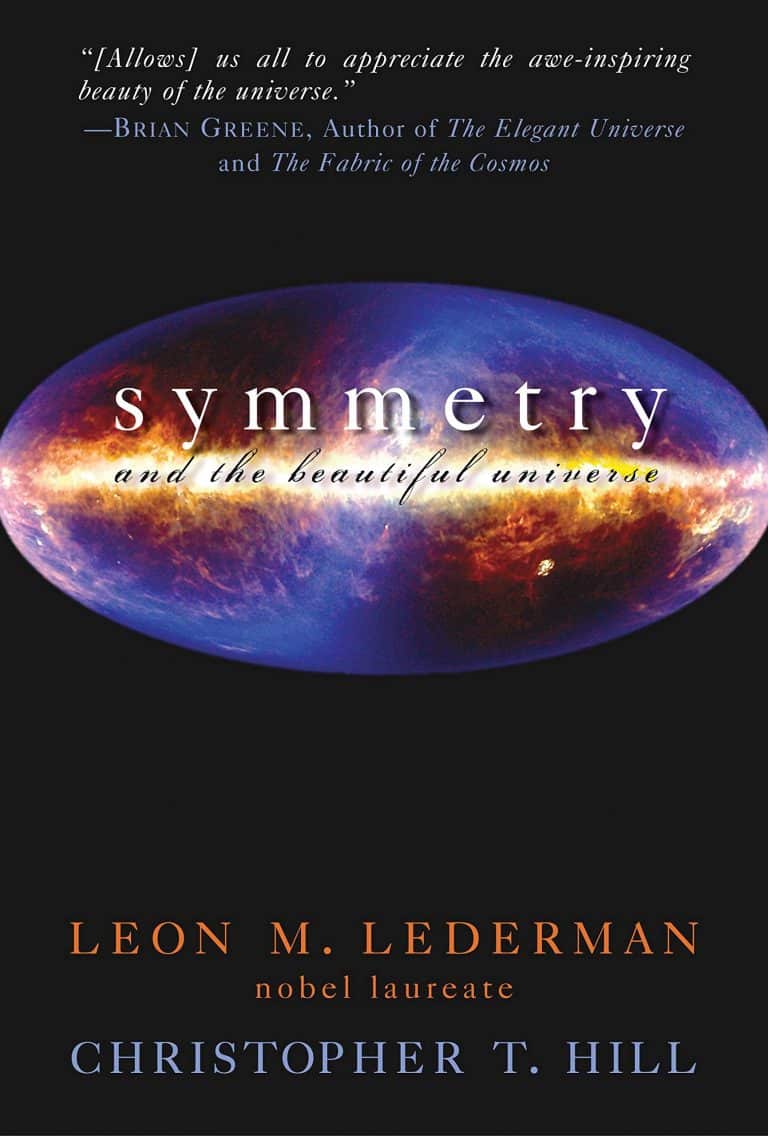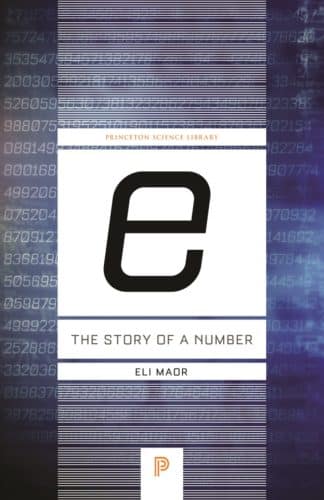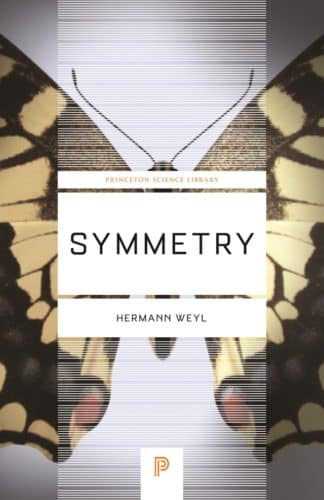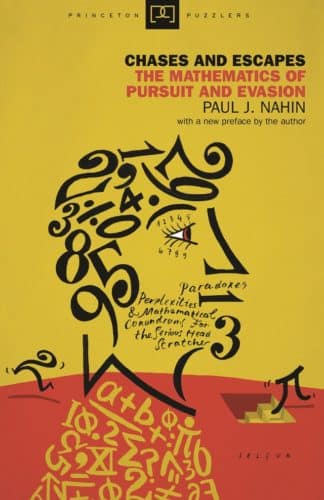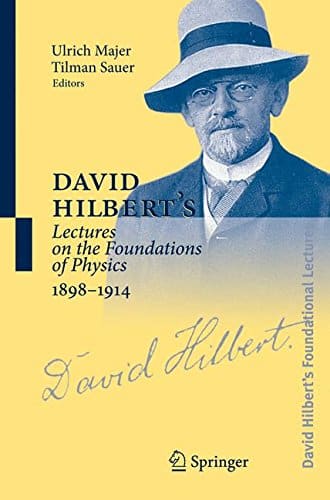When scientists peer through a telescope at the distant stars in outer space or use a particle-accelerator to analyze the smallest components of matter, they discover that the same physics laws govern the whole universe at all times and all places. Physicists call the eternal, ubiquitous constancy of the laws of physics symmetry. Symmetry is the basic underlying principle that defines the laws of nature and hence controls the universe. This all-important insight is one of the significant conceptual breakthroughs in modern physics. It is the basis of contemporary efforts to discover a grand unified theory to explain all physics laws.
Nobel Laureate Leon M. Lederman and physicist Christopher T. Hill explain the exquisite concept of symmetry and its profound ramifications to life on Earth and the universe at large in this eloquent, accessible popular science book. They not only clearly describe concepts customarily reserved only for physicists and mathematicians, but they also instill an appreciation for the profound beauty of the universes inherent design.
Central to the symmetry story is an obscure, unpretentious, but extremely gifted German mathematician named Emmy Noether. Though still little known to the world, she impressed no less a scientist than Albert Einstein, who praised her “penetrating mathematical thinking.” In some of her earliest work, she proved that the law of energy conservation was connected to the idea of symmetry and thus laid the mathematical groundwork for what may be the most crucial concept of modern physics.
Lederman and Hill reveal concepts about the universe, based on Noethers work, that is mostly unknown to the public and has wide-reaching implications in connection with the Big Bang, Einsteins theory of relativity, quantum mechanics, and many other areas of physics. Through ingenious analogies and illustrations, they bring these great notions to life. This book will open your eyes to a universe you never knew existed.

